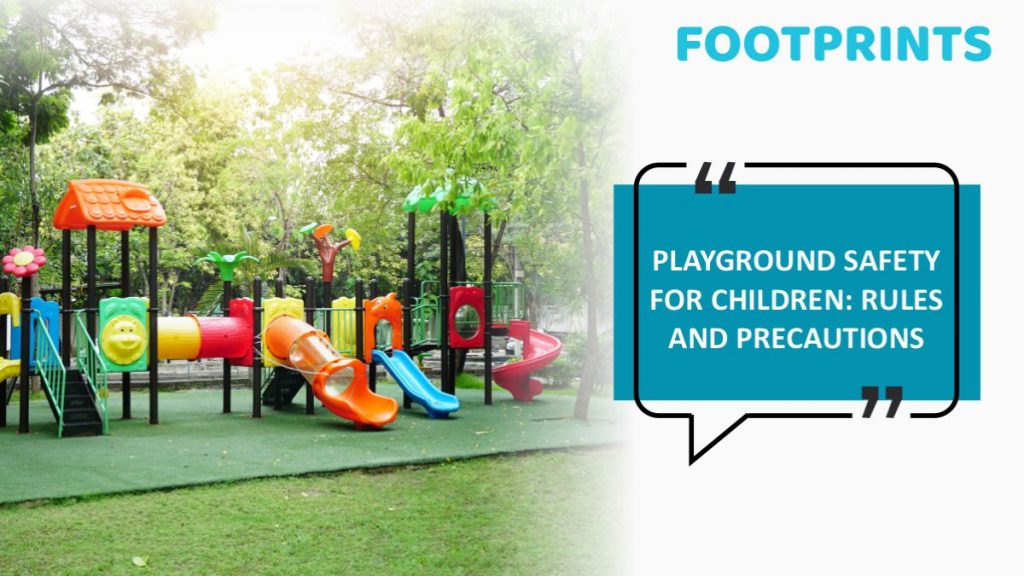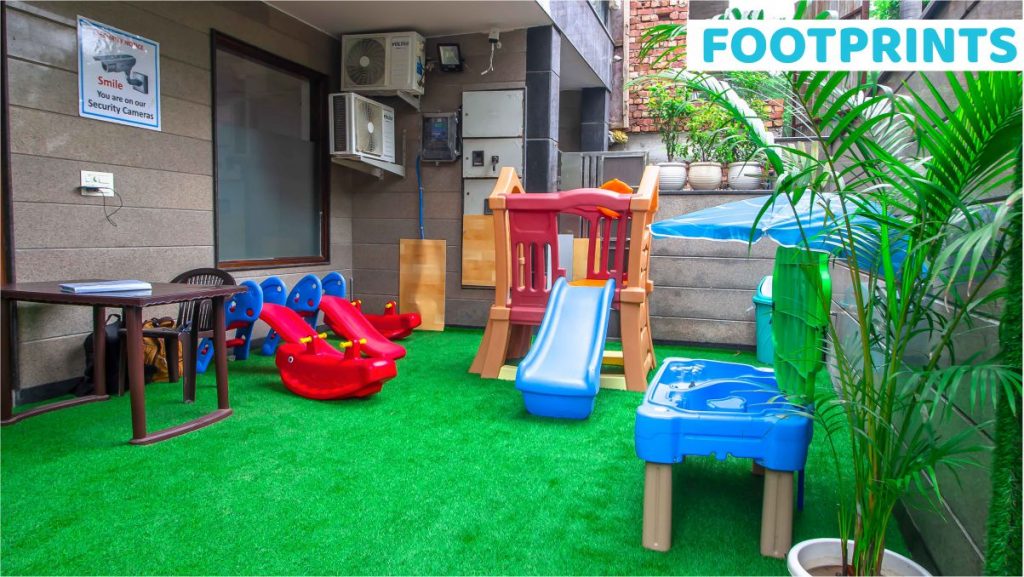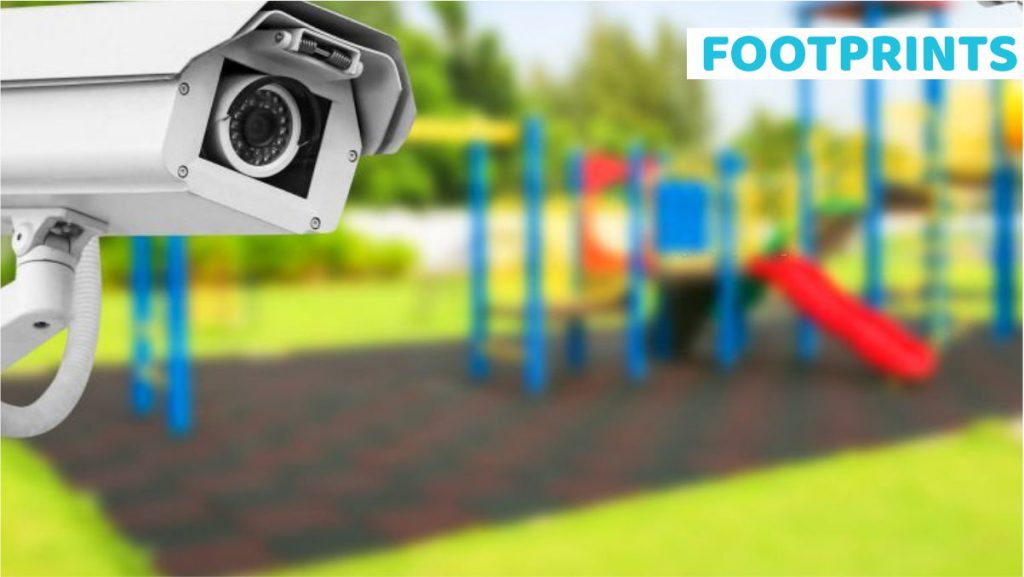

When it comes to our children, their safety is always our top priority. As parents, we want a nurturing environment where they can learn, grow, and have fun. One place where children often spend a lot of their time is the playground. While playgrounds offer an excellent opportunity for children to socialize and engage in physical activity, ensuring their safety while playing is crucial. In this blog post, we will discuss the importance of playground safety for children and provide essential rules and precautions to remember. Whether you’re a parent, guardian, or caregiver, understanding these guidelines will help you create a safe and enjoyable playground experience for your little ones. So, let’s dive in and discover how to make playgrounds a secure haven for our children.
The Importance of Playground Safety
Playground safety is of paramount importance as it helps prevent injuries and accidents. Children are naturally curious and adventurous, which makes them prone to accidents while playing. Parents can minimize the risk of severe injuries by promoting playground safety and creating a nurturing environment for their children to explore and have fun. Moreover, ensuring playground safety fosters a sense of responsibility and teaches children valuable life skills about risk assessment and taking precautions.
Common Causes of Playground Injuries
To prevent them, it is crucial to be aware of the common causes of playground injuries. Some of the leading causes include falls from equipment, collisions with other children, entrapment in equipment, and inadequate supervision. By understanding these common causes, parents can take appropriate measures to minimize risks and ensure a safe play environment for their children.
Creating a Safe Environment: Playground Infrastructure
An essential aspect of playground safety is the infrastructure itself. Playgrounds should be designed with child safety in mind, ensuring that equipment is age-appropriate and adequately maintained. The surfaces should be cushioned to minimize the impact of falls, and there should be adequate space between pieces of equipment to prevent collisions. Additionally, playgrounds should be well-lit, with clear signage indicating safety rules and precautions.
Essential Rules for Child Safety on the Playground
To protect children from accidents and injuries, it is essential to establish and enforce specific safety rules. These rules may include the following:
- No pushing, shoving, or rough play.
- No running on wet surfaces.
- No climbing on equipment not meant for climbing.
- No wearing loose or dangling clothing or accessories that can get caught in equipment.
- No playing on broken or damaged equipment.
- No pushing or shoving others on swings or slides.
- No playing near or on moving equipment, such as merry-go-rounds or seesaws.
By teaching and reinforcing these rules, parents can instill a sense of responsibility and ensure that their children understand the importance of following safety guidelines.
Preventing Accidents: Supervision and Adult-Child Ratio
Supervision is a vital aspect of playground safety. Adults should always be present to monitor children’s activities and intervene if necessary. Maintaining an appropriate adult-child ratio ensures that children receive adequate attention and supervision. This enables adults to address potential hazards and prevent accidents before they occur quickly.
Playground Equipment Safety: Inspections and Maintenance
Regular inspections and maintenance of playground equipment are vital to ensuring safety. Equipment should be inspected for wear and tear, loose parts, or damage. Any issues should be addressed immediately to prevent accidents. Routine maintenance should include tightening bolts, replacing broken parts, and repairing or replacing damaged equipment. By keeping the playground equipment in good condition, parents can minimize the risk of accidents and ensure the safety of their children.

Promoting Healthy Habits: Nutrition and Hygiene on the Playground
In addition to physical safety, it is important to promote healthy habits on the playground. Providing children with nutritious snacks and meals can help fuel their energy and support their overall well-being. Parents should ensure that junk food is not allowed on the playground, promoting a healthy eating policy. Hygiene should also be emphasized, with children encouraged to wash their hands before and after playing to prevent the spread of germs.
Teaching Children About Playground Safety
While adult supervision is crucial, teaching children about playground safety is equally important. Parents should engage in age-appropriate conversations with their children, explaining the rules and precautions they must follow. By educating children about potential hazards and the importance of safety, parents can empower them to make responsible decisions when playing.
Conclusion
Parents can create an environment where children can have fun, explore, and develop important life skills by prioritizing playground safety. Implementing safety rules, maintaining playground equipment, ensuring supervision, and promoting healthy habits are crucial to providing children with a secure and enjoyable playground experience. Footprints, the preschool recognized as a beloved parenting partner, prioritizes these guidelines to have peace of mind, knowing that children are protected from potential injuries and accidents while enjoying the benefits of outdoor play.


